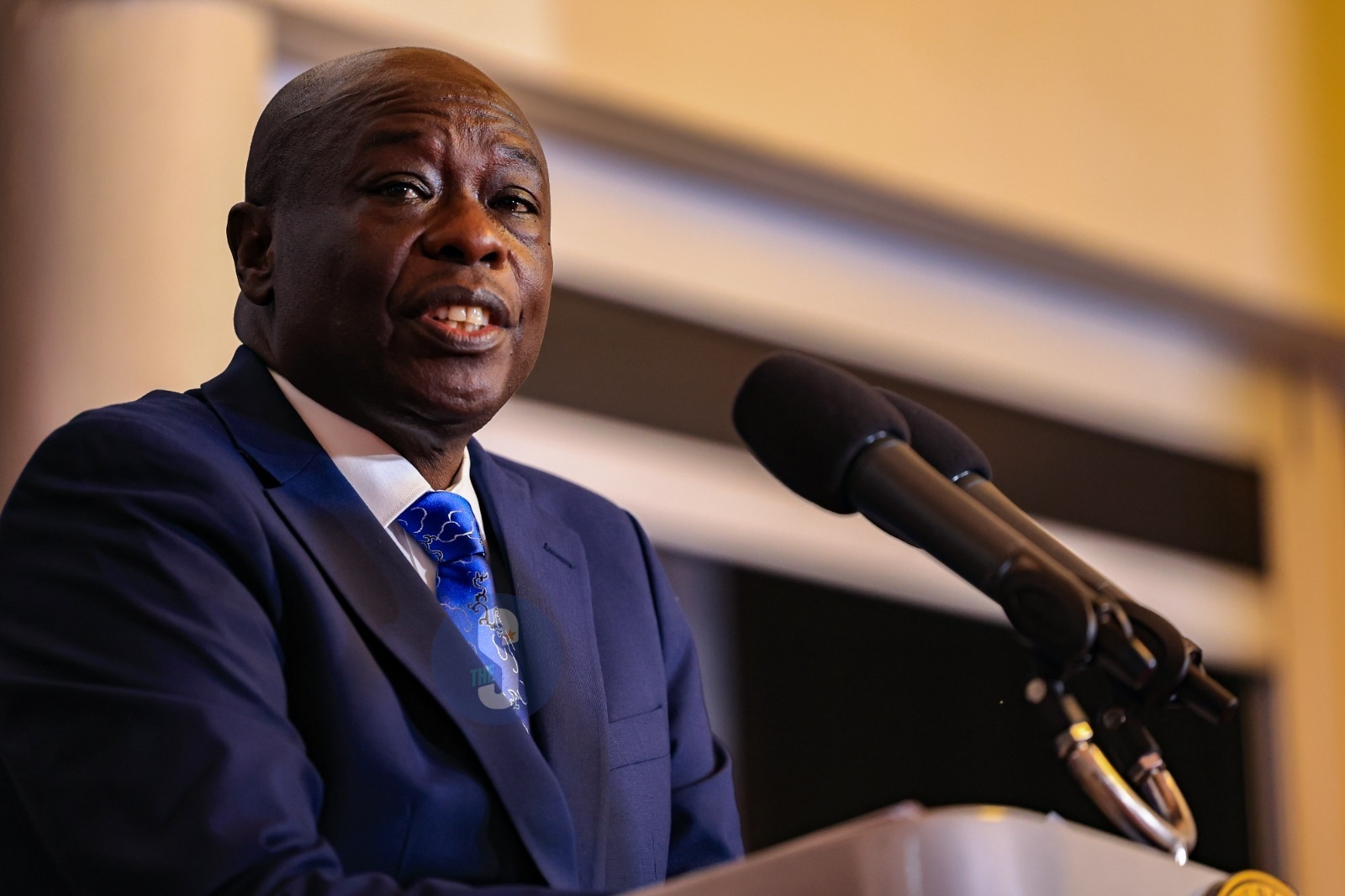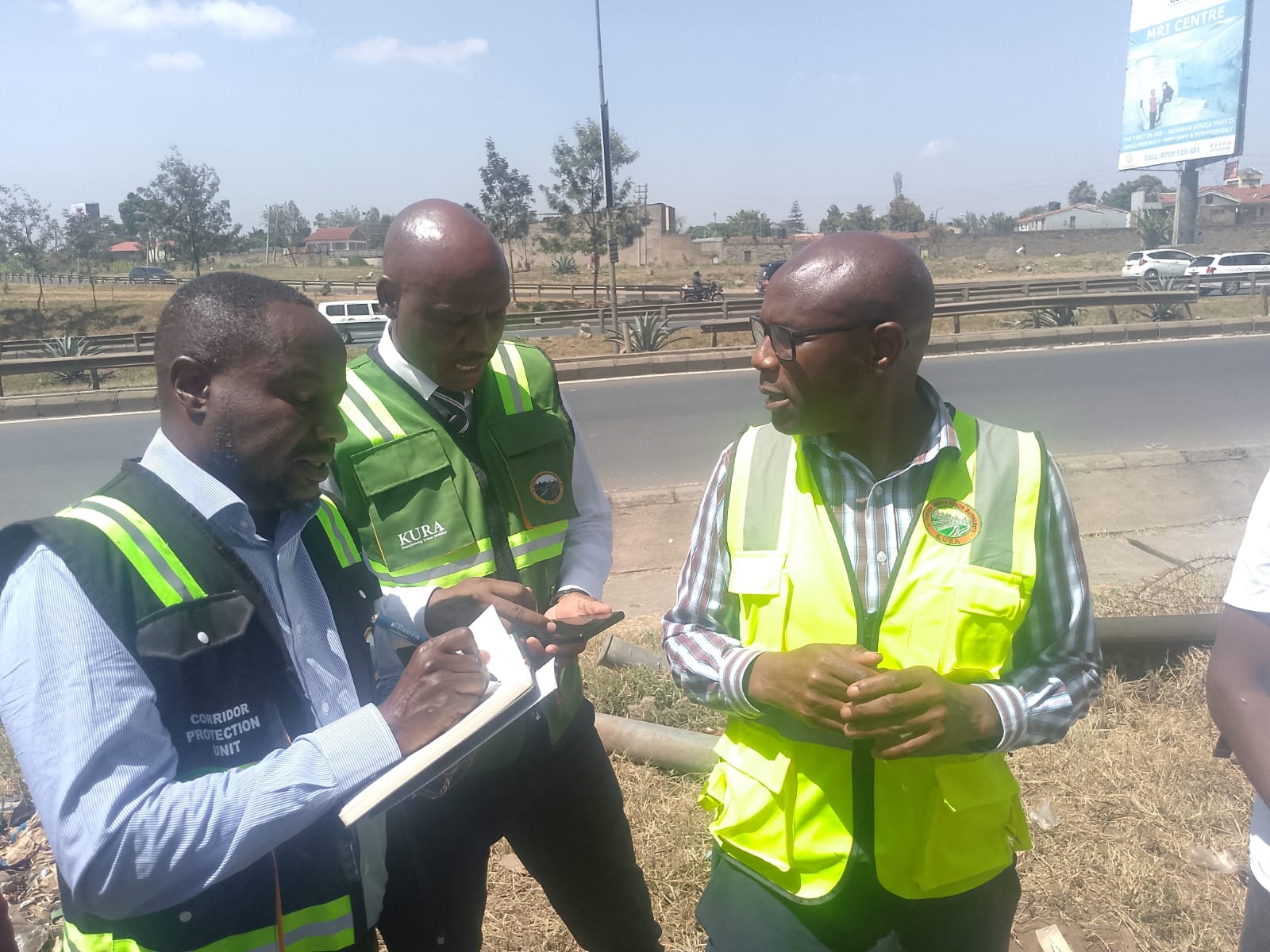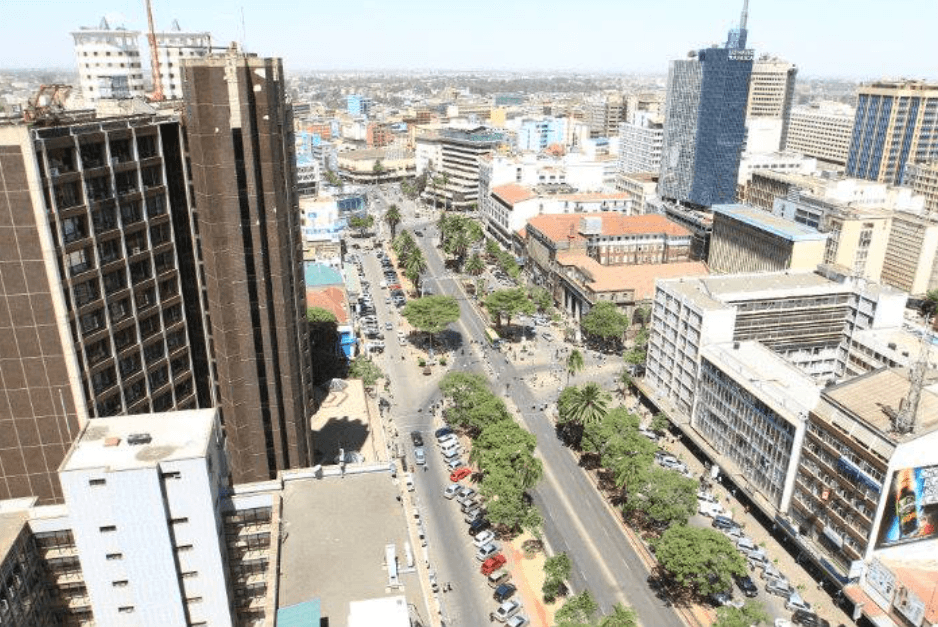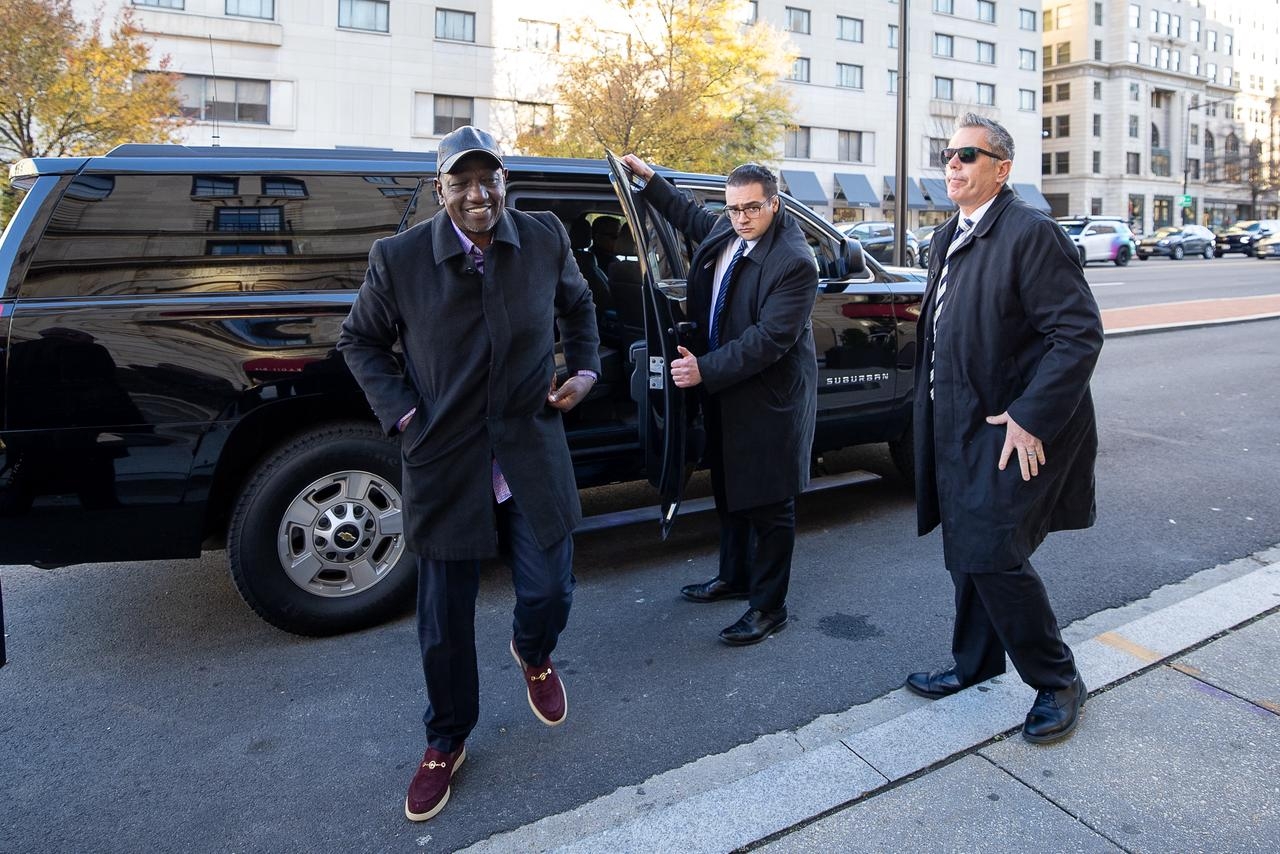Eight in 10 Kenyan children believe they have learnt little or nothing since schools closed because of Covid-19.
This is one of the findings of a survey commissioned by Save the Children. The survey also indicated that two thirds of children have had no contact with teachers the closure of schools in March.
The ‘Protect a Generation Report 2020’ survey says Covid-19 has caused the largest education emergency in history, with some 9.7 million children not returning to school this year globally.
For the poor children interviewed, less than one per cent had access to internet for distance learning in the past six months. Among households that classified themselves as non-poor, only 19 per cent had access.
Many learners, especially from rural and vulnerable households in Kenya, have been unable to access online learning materials for lack of internet connectivity since schools were ordered closed in mid-March.
Estimates indicate that eight in every 10 learners in the country are currently missing out on virtual learning. Further, an August report by the United Nations on remote learning also showed that one in three children had missed out on remote learning during the school closures.
The UN, in ‘Are Children Able to Continue Learning During School Closures?', said three quarters of children without access to remote learning live in rural areas.
“Children who fall behind in their education run a greater risk of dropping out completely and falling victim to child labour, child marriage and other forms of exploitation,” Save the children says.
The Protect a Generation report also suggested that violence at home doubled to 17 per cent when schools were closed compared to eight per cent when schools were open and children were able to attend school in person.
Further, three in every five girls reported being more often tasked to do house chores compared to two in every five boys, with nine in every 10 households that lost over half of their income due to the pandemic reporting difficulties in accessing health services.
“The Covid-19 pandemic has in fact widened inequalities along wealth and gender lines, with poorer households more likely to suffer income losses (82 per cent) than those not classified as poor (70 per cent),” the survey said.
In the report, some 25,000 children and their caregivers across Kenya and other 36 countries shared their experiences, fears and hopes during the first six months of the global crisis.













